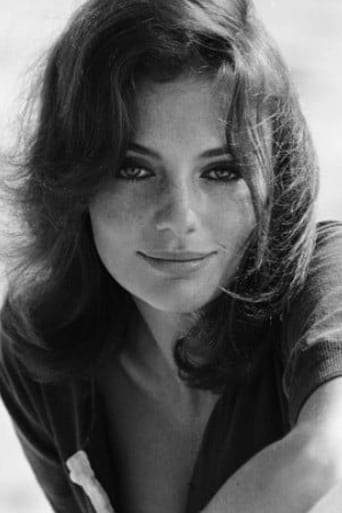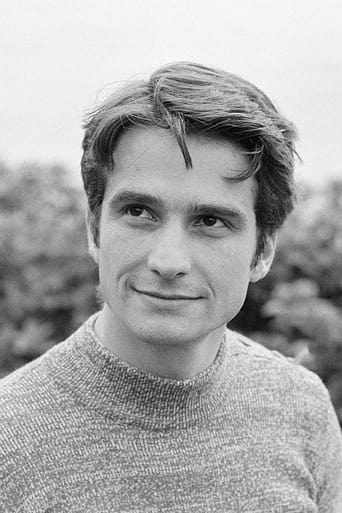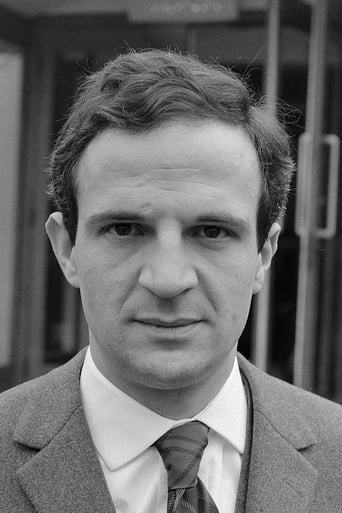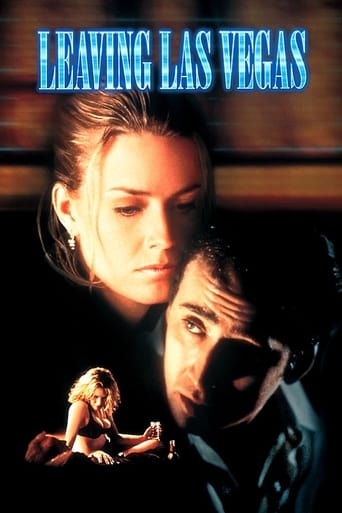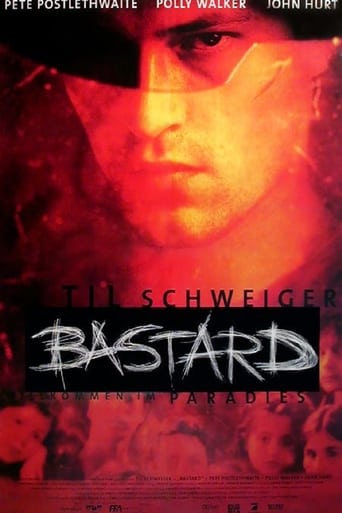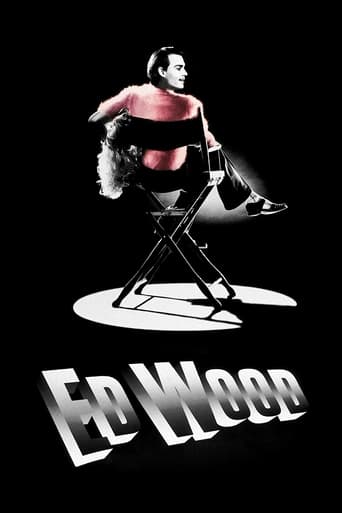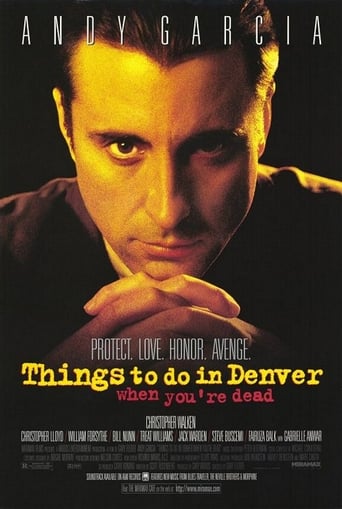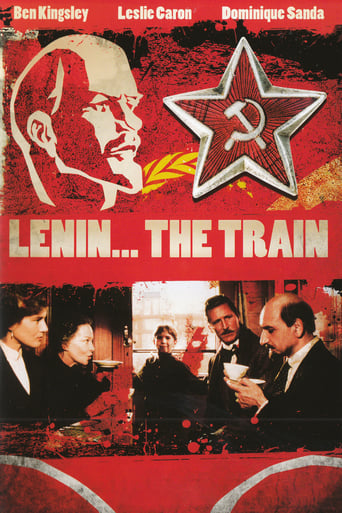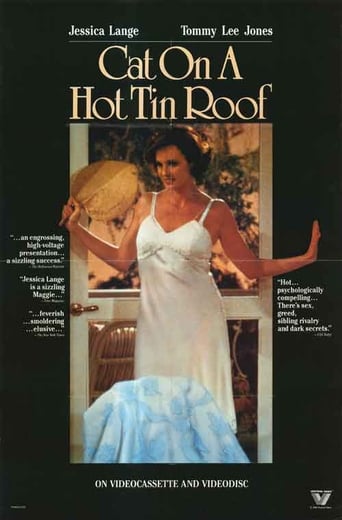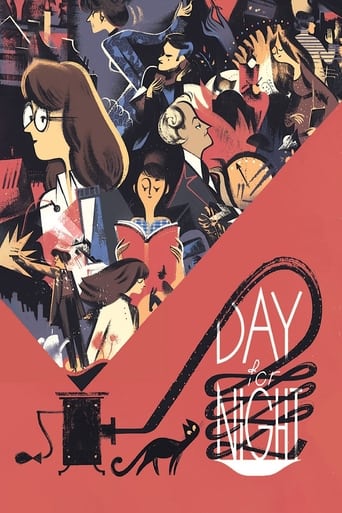
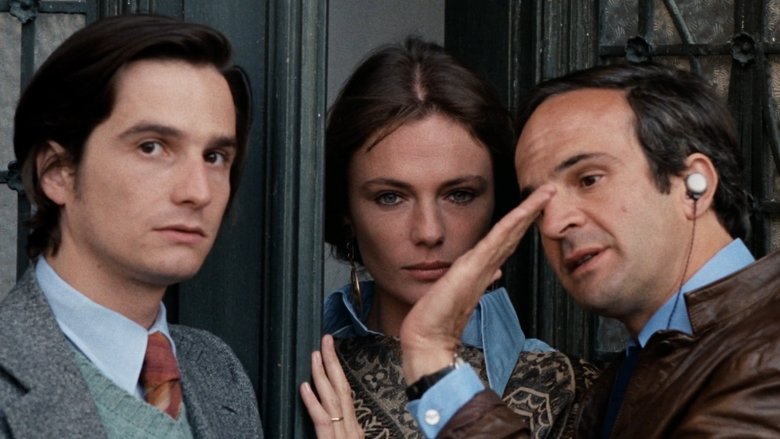
Day for Night (1973)
A committed film director struggles to complete his movie while coping with a myriad of crises, personal and professional, among the cast and crew.
Watch Trailer
Cast
Similar titles
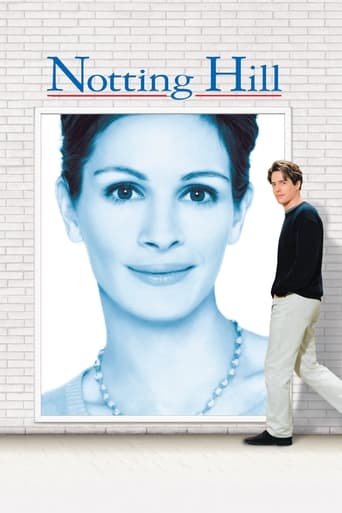
Reviews
Although it has its amusing moments, in eneral the plot does not convince.
Clever, believable, and super fun to watch. It totally has replay value.
It's a movie as timely as it is provocative and amazingly, for much of its running time, it is weirdly funny.
The story, direction, characters, and writing/dialogue is akin to taking a tranquilizer shot to the neck, but everything else was so well done.
They are filming "Meet Pamela."You watch the film the first time and you might think it's telling us about how films are made, and about all the people. I did. Then on another viewing, you might wonder if they are doing it right. The film goes along in an interesting way and suddenly, still photos of Jacqueline Bisset fill the screen and wow! But when she is acting the part of Pamela, the director puts a wig on her and she becomes ordinary. What? How can they bring in the star and not use her? But then perhaps they are doing it right, you can't have her outshine the co-stars too much. Then you might wonder about other decisions in making "Meet Pamela." Now you might be looking for bad decisions. What is the deal with the script girl? She has beautiful red hair and blue eyes, wears large goggle-like glasses, must be wearing 5 inch heeled boots yet never stumbles despite her long strides. She is always watching the acting and sees everything with those goggles. She has that script and her stop watch. She knows which scenes can be shot today and which can't. She is always there, it seems, somewhere in the frame, but rarely do we get a good look at her. She must be beautiful, but gee, can't we see her some more? Can't I see her some more? She never looks towards us, she looks only at the acting. We see a lot of side views of her. Unlike the actors, the script girl is completely task-oriented. Her work is far more important to her than any personal relationship. She is completely stable. Actors are taught to express their emotions for their part, with gestures, facial expressions, anything. But this character is not emotional at all, so I wonder if the script girl was a difficult part to play for an actress-with all that emotional restraint.In fact, from the Trivia section, it appears someone thought that she was not an actress, but a script girl. That is how well the actress did her job here. The script girl understands the emotions of all the actors who are under stress. She knows why each one of them has problems, and defends them when someone complains to her. Maybe she makes it up, but I believe her every time. She is aware when someone else is not doing his job properly and is ready to step in and fix things by herself. She even can help out the director with a few ideas here and there. So now I wonder: is this film is about the script girl? She's indispensable. Maybe this film is about whatever you think it's about. Perhaps it's a different film for each viewer-even for each viewing.
A director must overcome financial and logistical obstacles as well as the personal problems of his stars while shooting a film in the south of France. This is probably Truffaut's best film. It offers a nice behind-the-scenes look at the film-making process. It bogs down somewhat in the latter stages with melodramatic situations, but mostly it hits the mark. Of course there is a dream sequence, but it is harmless and unpretentious. Although no one really stands out, the cast works well together, with Truffaut wisely giving himself the role of the director. It's interesting seeing Aumont and Cortese reminisce about working in Hollywood, as each actor did so since the 1940s.
"Truffaut's films are the product of one man alone and that man looks with an equal eye on the problems of the actors, the sound system, the camera. There are no small problems, no great problems. There is only film. For Hindus the world is one; for Truffaut the film is one." (Jean Renoir)La nuit américaine was François Truffaut's 13th film and his most physic film of all. The title refers to a filmmaking technique, we here in Europe call an American night -- an acted night, day which is turned to night, fake. So it would be quite silly for Americans to call it an American night and therefore, they simply call it Day for Night. Day for Night isn't Truffaut's best or his most intelligent film but it is his most perfect film, for its structure. It is a collection of themes that were important for him. It's a synthesis of his production till that day. It is a tribute to filmmaking, or as Truffaut himself puts it: "After making an ode to books it would've been weird not to make a film about film." A film about a film within a film is, at its heart, ridiculously simple. The story about 15 people who have isolated from the rest of the world, who are free to form temporary relationships and who aren't disturbed by the common boundaries of everyday life and work. However, Truffaut has turned this, normally seen as a cliché, into his benefit because the real theme of the film is the transience of emotions. These intense love and friendly relations are extremely painful because they often tend to end so quickly. It is no wonder that Truffaut, as the romantic of the Nouvelle Vague, took this as his most important theme from the topic of filmmaking.As said, Day for Night is a synthesis of Truffaut's production until the year 1973. The presence of Jean-Pierre Léaud as Alphonse, links it to the Antoine Doinel series. But, in this case, Léaud isn't Truffaut's only alter ego because François plays the role of director Ferrand himself. The presence of him, on the other hand, reminds us of The Wild Child (1970), the dreams of childhood memories The 400 Blows (1959), and the complexity of sexual relationships Jules et Jim (1962). But unlike other films about filmmaking (The Man with a Movie Camera, 8½) Day for Night tries to relay an emotion of the practical pleasure which a filmmaker gets from his or her profession and its concrete reality. Already in the beginning, during the opening credits, Truffaut shows us the sound track as concrete whose beauty the viewer can now, finally, observe.Day for Night is all about the holy matrimony of life and art. If life and the world were perfect there would be no art and vice versa. Throughout the film Alphonse continues his research of women, love and cinema -- and eventually ends up asking whether "film is more important than life?" The thesis or more like the basic realization of the film is that film is life and life is film. Film is an imitation of life and life is an imitation of film. If imitation of life can be even greater than life itself which one is the greater? Day for Night includes authentic moments of joy -- how Truffaut actually loves his work -- but also moments of grief, the feeling of loss reflects to the structure and visual substance of the film. To cut a long story short, for its structure, it has got two kinds of scenes: parody-like, cinematic, dramatic scenes and documentary-like realistic scenes which conduct dialog with each other, and get mixed up when we can no longer distinguish film and reality, life and imitation. Day for Night is an ode to film(making) and it portrays a world where fiction and reality have begun to merge.
François Truffaut's "Day for Night" gives a behind-the-scenes glimpse into the world of movie-making. In the film, director Ferrand (Truffaut himself) does his best to keep shooting running smoothly despite a steady stream of personal and technical crises.Truffaut surrounded himself with a fine cast which included Oscar nominee Valentina Cortese as an aging diva whose drinking has adverse effects on her performance. Others who give memorable performances include Jean-Pierre Léaud & Jacqueline Bisset, though the entire cast performs admirably in my opinion.Truffaut's Oscar-nominated direction is naturally top-notch and the script (co-written by Truffaut) also received Oscar attention. However, I must admit that I didn't care for the Georges Delerue score, which is probably a matter of personal taste.Ultimately, "Day for Night" is an absorbing film about the trials and tribulations of movie-making. In Truffaut's hands it is lovingly crafted and exhibits a successful balance of entertainment and artistry.
